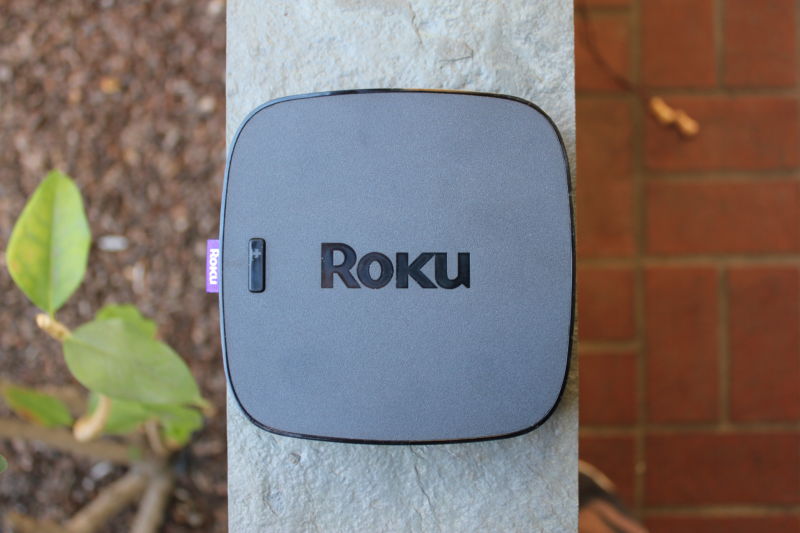
Ahead of CES 2018, Roku announced plans to put its software into a bunch of new home entertainment devices—but the company is leaving it up to third-party manufacturers to do so. Today, Roku revealed plans for its new wireless audio platform, Roku Connect, that it will license to hardware manufacturers. Roku Connect will allow soundbars, smart speakers, and other devices to connect wirelessly and work together as a unified home entertainment system. Roku also plans to develop its own digital assistant, dubbed the Roku Entertainment Assistant, that can be used to control Roku Connect devices using spoken commands.
Roku Connect is, essentially, the video company's way of connecting a bunch of different devices that contribute to the home-entertainment experience. While Roku isn't planning on making any of these devices itself (don't expect to see a Roku-made smart speaker debut any time soon), it will license software and hardware references to third-parties so they can build devices with Roku Connect.
With the introduction of the Roku Entertainment Assistant, users could say, "Roku, play jazz in the living room," and the proper Roku Connect-enabled soundbar will begin playing music even when the television is off. The Entertainment Assistant is attached to devices that run Roku OS (like the company's streaming set-top boxes), so as long as you have a Roku TV or a Roku box in your home, you can use the Entertainment Assistant to control other Roku Connect devices. Roku plans on debuting the Entertainment Assistant this fall in a free software update to Roku TV and Roku players. Users will be able to access the Entertainment Assistant via a Roku remote or the Roku mobile app.
The Roku Entertainment Assistant is more focused on media than other competing digital assistants like Amazon's Alexa, Apple's Siri, and Google's Assistant. It's more akin to the software in TiVo's new Vox devices, all of which allow users to speak commands into a Vox remote to pull up digital content on their TVs. However, Roku's assistant is built to access both video and music media so users can say voice commands to play content from smart speakers in addition to TVs.
Roku isn't new to licensing and this new effort builds upon the years of success the company has had with its smart TV licensing program. The company isn't charging licensing fees for manufacturers that want to make Roku Connect hardware either, which it hopes will make it easier for companies to embrace the Roku platform.
While Roku continues to make its video streaming devices, the company is clearly focusing more on software and digital offerings. In addition to expanding its licensing program, the company recently announced it would focus more on selling ads and distributing ad-supported content on its devices. The Roku Channel, which recently became available to all Roku users in the US, is likely one of the company's first ad-supported channels that lets users watch a bunch of movies from Lionsgate, MGM, Paramount, and others for free while showing advertisements.
You must login or create an account to comment.